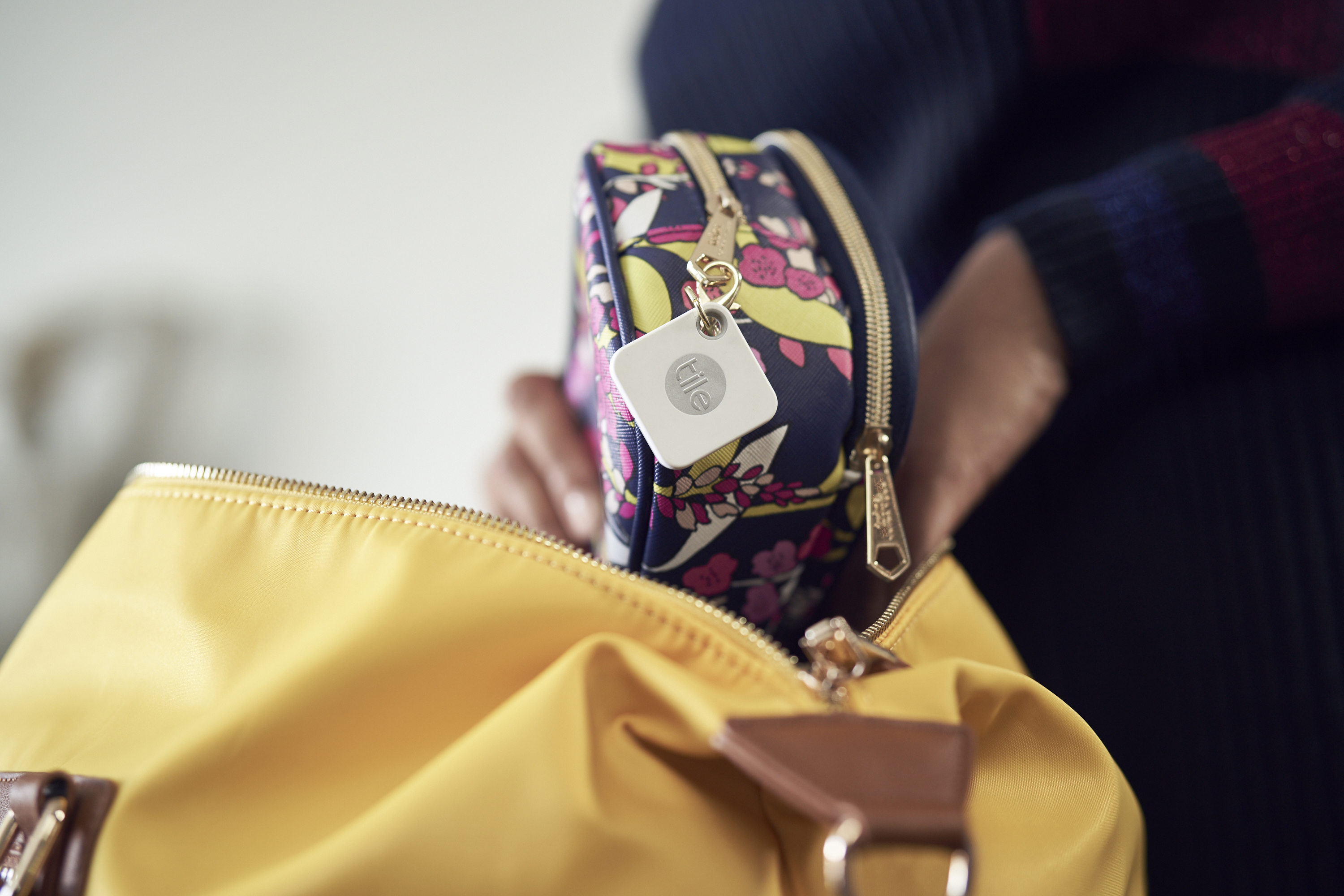
Tile
iPhone privacy prompts discriminate against non-Apple apps, complaint says
Anticipating a competing product from Apple, Tile goes on the offensive.
by Samuel AxonTile, a maker of hardware and software for digitally tracking the location of personal possessions, has written a letter to the European Commission accusing Apple of anti-competitive behavior as rumors abound that Apple plans to launch a competitor to Tile in the near future. This follows similar complaints by Tile in the United States.
The letter claims that Apple favors FindMy, the tech giant’s own device tracking app, over Tile’s in a few specific ways and asks for the European Commission to open a probe into Apple’s business practices. Here’s an excerpt from the letter by Tile general counsel Kirsten Daru, which was acquired by Financial Times:
In the past twelve months, Apple has taken several steps to completely disadvantage Tile, including by making it more difficult for consumers to use our products and services. This is particularly concerning because Apple’s actions come at the same time that Apple both launched a new FindMy app that competes even more directly with Tile and also began preparing for the launch of a competitive hardware product.
One of Tile’s key arguments is that Apple defaults the “Always Allow” flag to "on" for location-based tracking in the FindMy app when users set up their phones, but third-party apps that perform similar functions default to "off." The result is that third-party apps must frequently show dialogues asking the user for permission until the user opts to manually turn on “Always Allow” for the app. This “denigrates the user experience,” according to Tile’s letter.
And in a mirror of past complaints against Apple by other companies, Tile claimed that its app does not get “equal placement” with Apple’s own apps in the App Store. Since those complaints first emerged, Apple has changed the results some users see when searching for certain types of apps, with the effect of increasing visibility of non-Apple apps in some cases. That said, Apple has not told app developers much about how its in-App Store search engine works.
Apple is already facing investigation in the European Union as a result of complaints by Spotify that, in addition to issues like App Store placement, Apple’s 30-percent take from charges made within apps using Apple’s own payment system is anti-competitive.
Responding to Tile’s allegations, Apple released the following statement:
We strenuously deny the allegations of uncompetitive behavior that Tile is waging against us. Consistent with the critical path we’ve been on for over a decade, last year we introduced further privacy protections that safeguard user location data. Tile doesn’t like those decisions so instead of arguing the issue on its merits, they’ve instead decided to launch meritless attacks.
Apple has sought to make user privacy a key competitive advantage for its products through both privacy-oriented marketing and features in the software and even hardware of its devices. When users set up a new iPhone or iPad, Apple’s own apps have default settings, but many of those settings must be confirmed one way or the other by the user before the device can be used. Third-party apps may ping users to request permission to do certain things when first launched, and users may go into a device’s Settings app to manage permissions for specific third-party apps.
While the parts of Tile’s complaint letter that are publicly available do not directly discuss privacy in any detail, the complaint could be a sort of Rorschach Test for onlookers: are Apple’s privacy policies designed with the user’s interest in mind, or are they a shield for anti-competitive business practices?
The case is partially hinged on the notion that Apple plans to introduce a hardware competitor to Tile’s products. Apple has not publicly confirmed that, but there have been numerous reports from reliable sources that have said Apple is close to launching such a product for many months. Evidence of the product’s existence has also been found by developers in Apple’s recent software releases for iPhones and other devices.
According to Financial Times, the European Commission has said that it received the letter and that it “will reply in due course.”